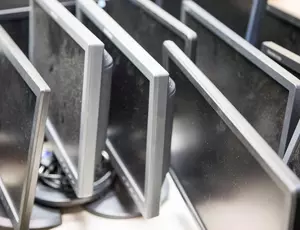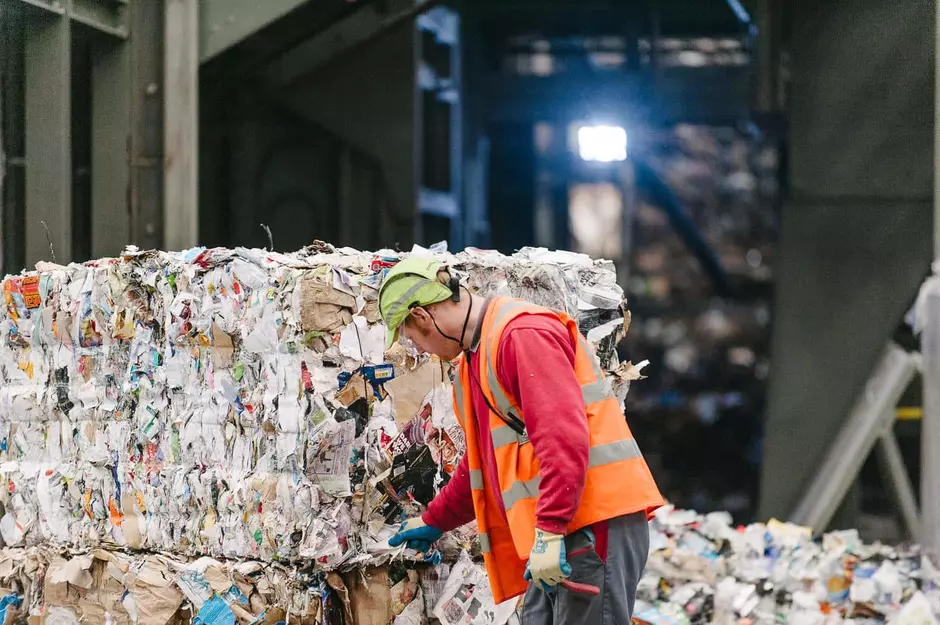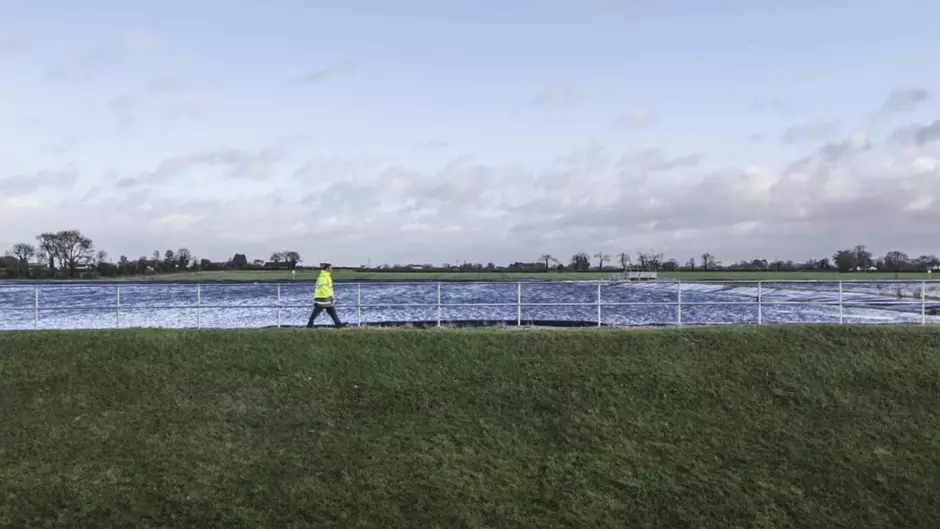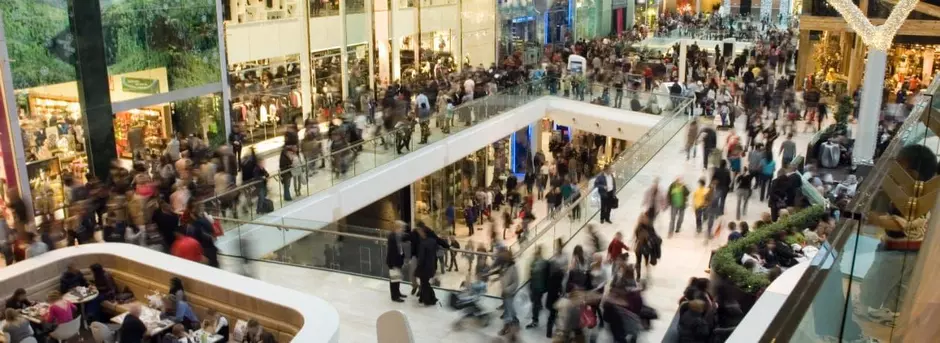Under new regulations, many retailers will now need to provide for collection or ‘take back’ of small WEEE items free of charge
Waste electrical and electronic equipment (WEEE) has been regulated since 2002, when the European Commission published its first directive. It was introduced to limit the environmental impact of electrical and electronic equipment (EEE) at end-of-life and has been law in the UK since 2007.
The UK government sets out clear guidance for the recovery, reuse, recycling and treatment of WEEE. It aims to minimise the two million tonnes of equipment discarded each year and promote development of lower-impact EEE products.
WEEE regulation is designed with accountability in mind. Manufacturers are required to take financial responsibility for the products they bring to market, specifically when they are discarded. EEE is broadly classed as anything with a plug or battery, meaning almost every producer is affected.
Distributors and retailers are also covered under section 42 of the regulations. They must provide a way for customers to dispose of their old household EEE when a new version of the same item is purchased. Rules apply regardless of how the products are sold, whether direct in store or via internet, mail or telephone.
However, retailers with an EEE sales area larger than 400m2 must provide for collection or ‘take back’ of small WEEE items free of charge, regardless of whether or not the customer purchases a new product. This collection must take place on the retailer’s premises or immediately nearby.
Who enforces WEEE regulations?
The Department for Environmental, Food and Rural Affairs (Defra) is the lead government body responsible for WEEE. Environment agencies enforce producer responsibilities in the UK market and retailer-specific regulations are overseen by the Office for Product Safety & Standards. Failure to comply can result in a £5,000 fine at a magistrates’ court, or an unlimited fine from a Crown Court.
What is the Distributor Take Back Scheme?
Retailers can join the Distributor Take Back Scheme (DTS) to manage WEEE waste and avoid setting up their own take back service. Members pay a fee to the DTS, which is calculated on the amount of EEE sold, and the money raised is then used to support recycling centres run by local authorities. Those who pay into the scheme are exempt from WEEE collection services and disposal requirements.
Defra has approved each phase of the DTS with the fourth coming to an end on the 31 December, 2019. The government recently approved the fifth phase but larger distributors will only be able to take part in the scheme until the end of 2020. From 1 January, 2021, retailers with an excess turnover of £100,000 in EEE will be obliged to provide in-store take back facilities to remain fully compliant. Smaller stores and online retailers will be unaffected by this amendment.
Defra's decision is motivated by a string of missed opportunities. 2019 marked the third consecutive year the UK fell short of meeting annual WEEE waste recycling targets. The government believes changes to the DTS will improve retailer responsibility and boost collection rates by making it more convenient for consumers to recycle their electrical goods.
How Veolia can help
Regulations require everything from fridges, IT & telecommunications equipment through to monitoring and control instruments to be diverted from landfill. Your business will be liable if you produce or sell any of this equipment. With phase five of the DTS approved, larger retailers now need to be engaging WEEE recycling companies to ensure they are unaffected by the changes and, most importantly, remain on the right side of the law.
Veolia has provided secure WEEE recycling and WEEE collection services since 2007. We understand your legal requirements and offer WEEE waste recycling in a transparent, cost-effective way. Veolia can also control waste volumes for any EEE you produce through its household waste recycling centres.
Veolia aims to recycle and reuse as much WEEE as possible. Veolia operates WEEE & Packaging Producer Compliance Schemes and has a solution for battery compliance. Our business has proven waste management strategies in place that achieve high recycling rates. We take all your items to an Approved Authorised Treatment Facility (AATF) for processing, where it is divided into appropriate waste streams and treated to limit environmental damage. This guarantees that any recycling and final disposal are done in accordance with WEEE regulations – a process that typically takes 7-10 days to complete.
--- RELATED ARTICLES ---
The Plastics Packaging Debate
Find out why swapping plastic packaging for other materials, such as paper and glass, might not be the best news for the environment.
New Sustainable Packaging Academy
Veolia launches new Sustainable Packaging Academy to help drive the circular economy for packaging and boost sustainability.
The fashion industry doesn’t have to cost the earth
The fashion industry is responsible for 10% of global greenhouse emissions and almost 20% of global water waste. Large retailers must push to be more sustainable whilst driving sales.






